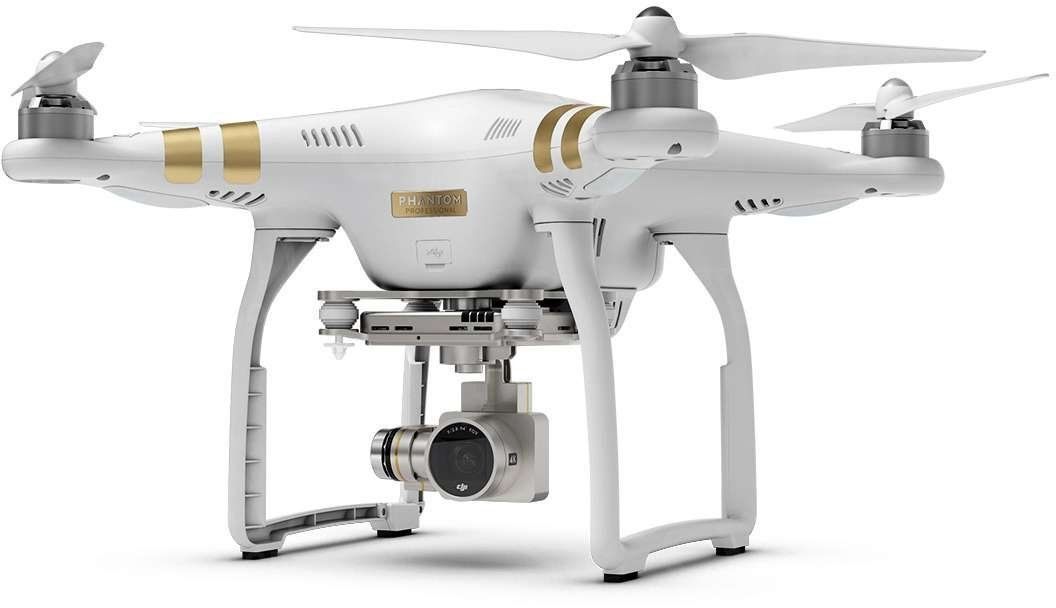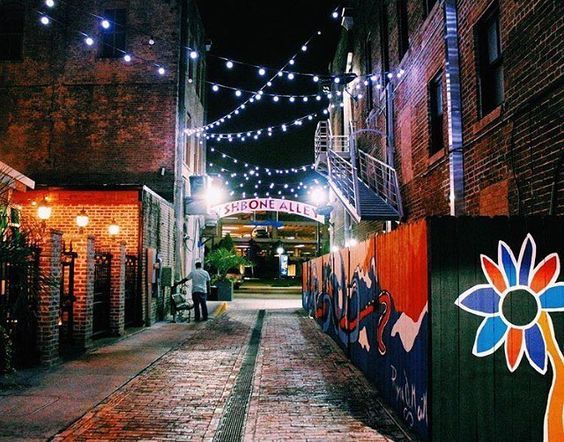The Importance of Co-Ops

Cooperative education is a structured method of combining classroom-based education with practical work experience. A cooperative education experience, commonly known as a "co-op," provides academic credit for structured job experience. We recently sat down with Kristen Rorabaugh to discuss her co-op experience with BMA and how it helped to position her for future employment with BMA and a career in civil engineering.
1. When did you co-op with BMA?
I started my co-op in January 2020, the middle of my junior year, and worked through August. Since then I have come back during Summer and Winter breaks.
2. Was this a requirement for your degree program?
No, but it was strongly recommended by all faculty.
3. How did you learn about the opportunity?
I went to Mississippi State University which has an awesome co-op/internship program especially in the school of engineering. I went into college anticipating a least one semester of co-oping because they emphasized it so hard in my freshmen orientation. I learned about BMA during the school’s career fair and I requested an interview with them because I liked the idea of getting to work close to home.
4. How was this a beneficial opportunity for you?
Where to start. So, first things first, I didn’t actually know what civil engineering was until my co-op. I thought I did, I’m sure everyone thinks they do, but if you just go off your classroom experience then you’re clueless. I was questioning if I could even be a civil engineer by the end of my sophomore year because I was struggling and didn’t feel very passionate about many of my classes. I was contemplating changing majors but decided to stick it out until my co-op to make my decision. I don’t have the personality of a stereotypical engineer, and while I am a critical thinker, I didn’t thrive in testing environments so in the world of academia I would not make a good engineer. However, when I got to BMA, I really felt like I thrived. I loved the dynamic of interacting with clients, modeling designs in programs, and even found the permitting process interesting. Everything I worked on had a purpose and was way more fulfilling than the abstract situations I was given in the classroom.
Aside from that the co-op was a much-needed break from school. I’m not claiming to love every moment of my co-op, the full-time work week was definitely a culture shock, but I needed that break from classes and an opportunity to apply my knowledge in real life instead of just on tests. It was a much-needed mental health reset for me, and I felt like I returned to school refreshed and more confident that fall.
It was also such a blessing to be offered a job before my graduation. My graduating semester I saw so many of my peers stress about their futures on top of such hard courses. I had friends who didn’t even know what part of the country they would be living in after graduation. My senior year was free of that distraction and stress.
I must add the money was really nice.
5. Describe how the co-op worked. What were the work hours, type of projects, and BMA's expectations of you?
Working full time was a culture shock. The first few weeks BMA didn’t really set strong expectations for me. They let me know their values of being driven, being a team player, and being a problem solver which seemed easy enough. As long as I stuck to those, they were okay with how clueless I was.
Before I was too helpful, I had to learn processes like the client relationships, the bidding process, what all preliminary engineering entails, and how to interact with contractors and sub-consultants. It was a really big world with hundreds of acronyms, but once I caught onto the work, what they were giving me made a lot more sense.
6. What were some of the projects that you worked on?
I’ve worked on a lot of beach projects, like piers, outfalls, sea wall improvements, and boardwalks. I love working on the beach on days that work is slow I was always eager to make a site visit and enjoy the sunshine. I jokingly refer to it as my ‘second office’ at home.
I worked on a lot of parking lots and sidewalks. I helped with the beginning stages of some parks and lots of sidewalks.
Some of my favorite projects I worked on were ones like Combined Utilities, the living shoreline in Biloxi, and the west Biloxi Boardwalk. The coolest part of coming back the past two years was seeing the projects were still in motion. I got to see nearly every phase of each project’s development. It kind of felt like I was growing with them. And coming back to something familiar made it easier to jump back in each time.
7. How was this a beneficial opportunity for BMA (and other companies)?
I was lucky enough to be hired by BMA, so coming from that sense I think it was incredibly beneficial for them because they trained me ahead of time to be the engineer they needed once I joined the team permanently. There wasn’t much of an on-boarding process for me when I joined last month. I sat in on a few meetings my first day and was participating in meetings and working on drainage models by day two. I also was able to modify my educational experience because I knew where there were gaps in my education, I needed to fill to be better at my job.
As for employers who don’t plan to hire their interns, I think it could be hugely beneficial still. Processes like quantity take offs, opinion of cost, permit applications, and even drainage modeling are all tedious but relatively easy to learn processes. Having a co-op in the office is like having a design assistant.
8. How did this experience prepare you for employment?
I knew I either wanted to work for BMA or some other consulting firm and I was able to identify the gaps I needed to fill in my education. I took classes outside my program like Environmental Law to better understand permitting, and also modified my civil engineering electives. I also applied for an on-campus job that built more transferable skills. I worked for the sustainability office in the university office of planning. Universities are like small cities they constantly have buildings or roads in development, and there’s all kinds of permitting you need to do. Working there for a year also helped a lot with my professional development and built my network up too.
9. Do you think a co-op opportunity like this works well in smaller or larger firms? Or is it about the same?
I can only speak from my experience. In a small firm it’s great because I had direct contact with everyone in the company. I was not only mentored by the engineers in the office but exposed to the administrative aspects as well. BMA also works on such a broad spectrum of projects I was constantly learning something new.
In a larger company I could see it going either way. The potential of being pigeonholed in one department could be difficult for some students. But I could also see it being advantageous, more people to mentor you, more co-ops to interact with, more opportunities, etc.
At the end of the day, I think if a company wants to have a good co-op program, they could. Time is the most important resource to invest in a co-op program. Making time to mentor. From there any company will get out what they put in.
10. How did this complement your coursework? Did it make certain things easier for you?
My senior year was so easy. I learned so much my last semester of school, but I think that was because everything was familiar. I was no longer learning abstract concepts. I got in my hydrology classes already knowing what Manning’s Equation and time of concentration meant. Sometimes I would learn a new concept in class and actively recall “oh that’s why we had to do that for that one project.” It made the material much more engaging.
11. Why could companies consider doing this? What would be some of the benefits and drawbacks from a company's perspective?
I feel like companies should want to have co-ops so they can invest in the future generation of engineers. They have the opportunity to set an example and high standards for students entering the workforce.
I also think co-op’s are helpful. Like I mentioned earlier, they’re like technical assistants. Employers may have to take the time to teach or explain concepts. But the students are engineers in the making - they’re problem solvers and critical thinkers who want to impress you and provide quality work. Co-ops can fill in the gaps and even provide new perspectives to a company.
I feel like the co-ops BMA has had the past few years has helped the company improve its digital presence. Which I think was a unique and unexpected benefit.
As for drawbacks, I guess it’s an additional cost. And it does take time to invest in each student and teach them the ropes. There’s also always the risk of getting a bad apple, a student who doesn’t care as much or fit into the company culture as well. But these are all the same risks as taking on any new hire.






